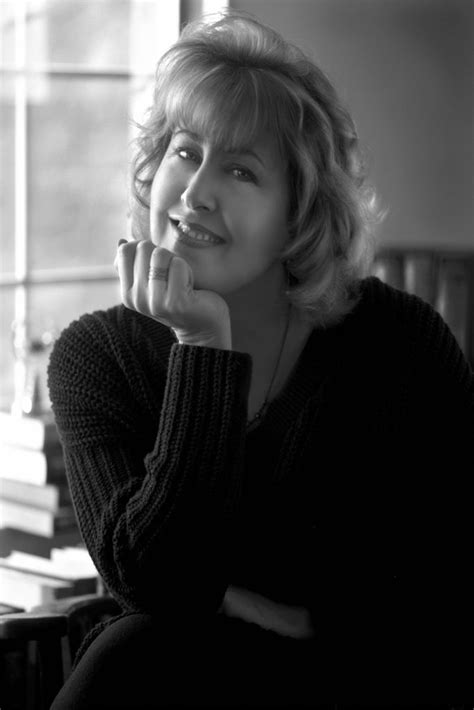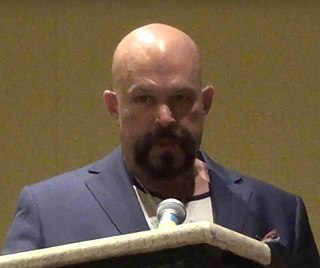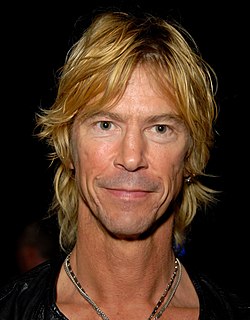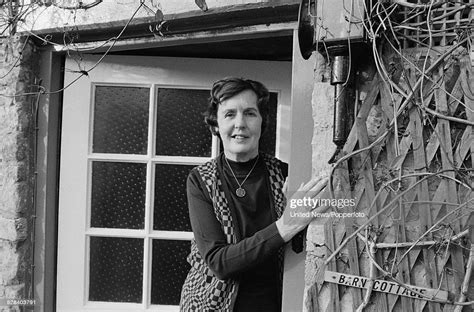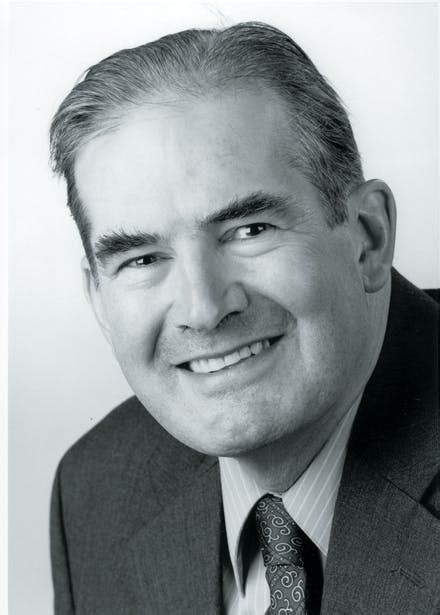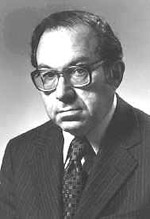A Quote by Harrison Ford
When we were making it [Star Wars], none of the effects were in. So the first time, I thought it was, you know, that - I mean, we were surrounded by English crew members that could hardly keep themselves together. They were, "Here comes the guy in the dog suit." They made fun of us, which was OK. But the first time I was sitting in a theater, and I saw all the effects in, and the big ship flew over the audience, and the sound rumbled, I pretty much thought we were close to home.
Related Quotes
We thought that the odds of things working OK were up in the upper 90 percent or we wouldn't have gone. But the - there were some problems cropped up on the flight but was able to take care of those OK and - although they were things that we hadn't really trained that much for. But it was the time of the Cold War and so there were was a lot of pressure on the - to get going and the Russians were claiming that they were - Soviets were claiming they were ahead of us in technology.
We made 'Mickey and the Bear' with barely any money with a first-time director, a first-time director of photography, and a crew who had just graduated from NYU film school. We were all very much in this together for the first time. There's no famous actor or big explosions. It's not a Marvel movie. I thought nobody was going to see this film.
I think back to some of the pots we made when we first started our pottery, and they were pretty awful pots. We thought at the time they were good; they were the best we could make, but our thinking was so elemental that the pots had that quality also, and so they don't have a richness about them which I look for in my work today. Whether I achieve it all the time, that's another question, because I don't think a person can produce at top level 100 percent of the time.
Gareth [Edwards] was very much about including everyone in what we were making, so he would cut together different scenes to show us what we were making. And the crew, cast, everyone would go into a theater there at Pinewood Studios and watch 10 minutes of what we were making. It was always so exciting. It looked amazing, and the music was huge.
Even as a child, I just leaned towards the scary. I remember seeing Halloween, for the first time. I snuck into the theater and was sitting there with a group of friends in the front row, and I turned back to look at the audience. They were screaming and interacting with the screen and were interacting with Jamie Lee Curtis as she walked through that horrible night. I just thought, "I want to do that."
Back when I was single and Guns were on the 'Illusions' tour, chicks were, like, left and right. They were falling over themselves. And I saw the sadness in that. The first six months of that, it's like, 'Killer! Chicks are hot. They're into me.' And then you realize they're not really into you. They're into the guy they saw on the JumboTron.
The first comedians I became fascinated with were the Marx brothers. I couldn't get enough of them. Later in life, I thought, "Well, maybe it's because they were so rebellious and they were just flipping the bird to society and all the rules we're supposed to follow." They were saying that none of it is fair.
The whole first movie [Twilight] was pretty fun. I had never really done a movie like it, when there's such a big cast of people that are around about the same age. Everyone didn't really know what was going to happen with the movie, but there was a good energy. There was something which people were fighting for, in a way. They wanted it to be something special. None of us were really known then, as well. It felt like a big deal, at the time.
Oh, but it was splendid the things women were doing for men all the time, thought Jane. Making them feel, perhaps sometimes by no more than a casual glance, that they were loved and admired and desired when they were worthy of none of these things - enabling them to preen themselves and puff out their plumage like birds and bask in the sunshine of love, real or imagined, it didn't matter which.
Making Superman was so hard. We were a year over schedule. We were there a year and a half, the first time. And in a year and a half, you go through everything you go through in a life. So you can't really go, "Oh, it must have been fun to work with Chris Reeve." In a year and a half, you bonded like a family, so you know someone far too well to think something as simplistic as "Oh, it's just fun." You know their secrets. I mean, it was everything. It was truly - it's a cliché to say we were family, but we really were.
As the Nazi regime developed over the years, the whole structure of decision-making was changed. At first there were laws. Then there were decrees implementing laws. Then a law was made saying, ‘There shall be no laws.’ Then there were orders and directives that were written down, but still published in ministerial gazettes. Then there was government by announcement; orders appeared in newspapers. Then there were the quiet orders, the orders that were not published, that were within the bureaucracy, that were oral. And finally, there were no orders at all. Everybody knew what he had to do.




